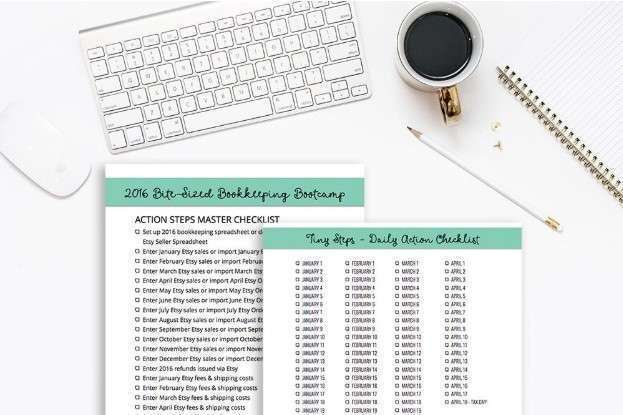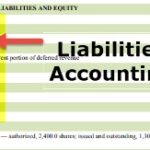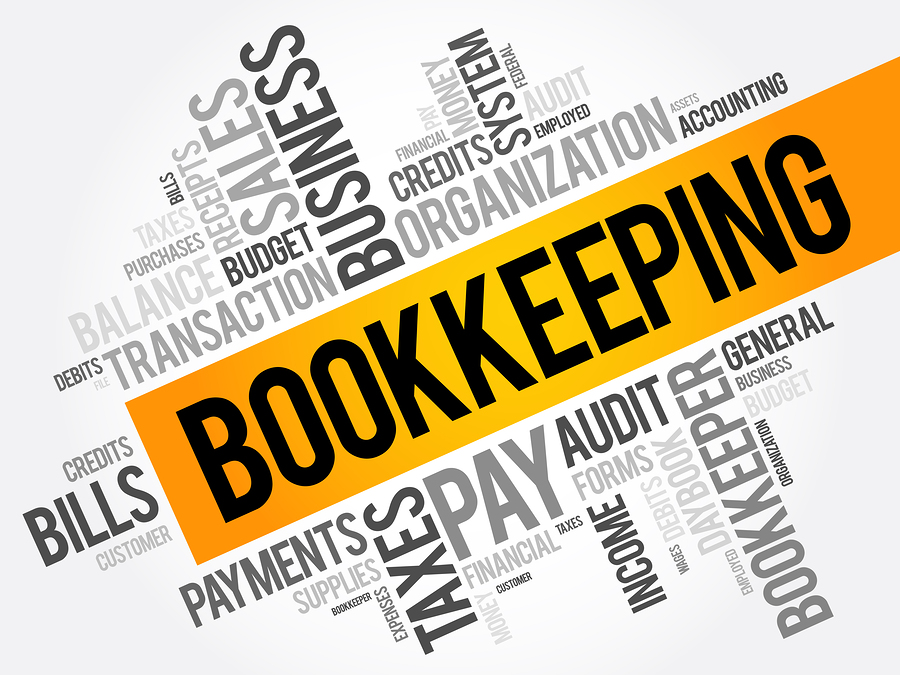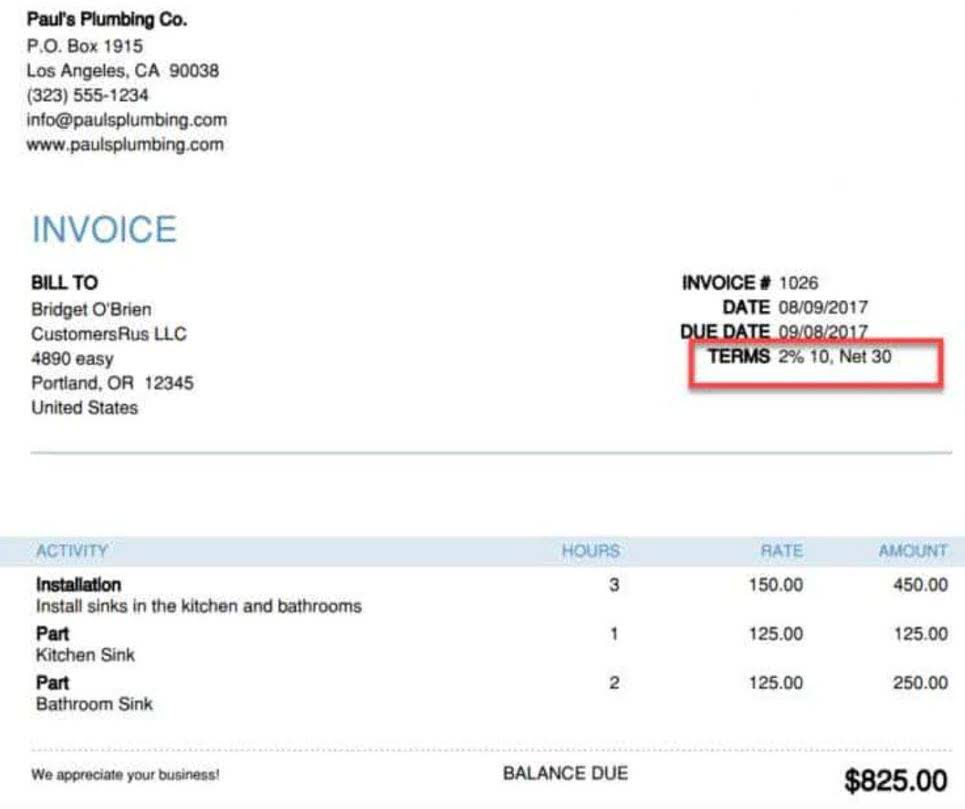How to Calculate Total Manufacturing Cost Formula + Step-by-step Guide

It includes the cost of all the raw materials and inventory stock items that have been used in manufacturing the finished product. For instance, when manufacturing a simple T-shirt, fabric, thread, and labels are considered direct materials. George calculates the TMC by adding the cost of direct materials, the cost of direct labor and the overhead costs.
Direct Labor Costs

While this is a simplified view of direct labor calculation, accountants also include the benefits, overtime pay, training costs, and payroll taxes when calculating the hourly rate. As such, the best way to reduce your total manufacturing costs is by increasing the efficiency of the manufacturing process. There’s a lot of ways to do this, but in today’s digital age, that usually means automating. Monitoring the total manufacturing costs https://www.bookstime.com/articles/receipt-tracking-apps across different branches can also provide valuable insight. COGM is thereby the dollar amount of the total costs incurred in the process of manufacturing products. Understanding Total Manufacturing Costs is crucial for businesses to optimize production processes, control expenses, and make informed decisions.

Types of Manufacturing Costs

These include direct material and labor costs, as well as manufacturing overheads. Direct labor costs are the second component of the total manufacturing cost formula. Direct labor cost refers to the salary or wages a business pays its workers during the manufacturing process. Total manufacturing cost is the aggregate amount of cost incurred by a business on its production operations within a reporting period. It includes all possible costs incurred by the production function, including direct materials, direct labor, and factory overhead. It does not include administrative costs, which are classified https://www.instagram.com/bookstime_inc within the selling, general and administrative section of the income statement.
- This is why raw material inventory and material purchases should only be used to calculate direct material costs.
- Indirect costs are likely to be fixed costs that include rent, insurance, quality control costs, depreciation, and the salaries of production supervisors and managers.
- Whether you’re planning for growth, controlling expenses, or setting prices, Brixx provides the tools you need to visualise your total costs and optimise your business strategy.
- Equally, if prices are too low, you won’t be generating the required revenue to make your business profitable.
- It can be used to adjust the selling price of your products, identify and cut expenses, and calculate other key metrics like the Cost of Goods Manufactured.
- Unsurprisingly, Apple is keen to maintain a steady stream of cobalt supplies to keep iPhone production rolling.
- The general planning and clarity of an organization is also supported by COGM.
How to calculate direct material costs
To obtain these details, you can refer to the company’s employment records that has a list of all the employees and their hourly rates. If you like this formula or formulas in general, you’re going to love our Inventory Formula Cheat Sheet! We put together 7 of the most commonly used formulas for inventory management in this handy document for anyone to download. For instance, in the example above, after the production cycle, our imaginary business has 5 assembly kits left over. This isn’t a big deal– they’ll be used in the next production cycle– but until then, you’ll have $1000 worth of inventory just sitting around collecting dust. If you like this formula or formulas in general you’re going to love our Inventory Formula Cheat Sheet!
To understand how you use your labor resources efficiently, you need to know how your labor cost compares to your total overhead cost. Understanding overhead costs is a critical first step to managing overheads efficiently. By learning what overhead costs involve, you, as a business owner or executive manager, are prepared to calculate all your overhead costs professionally and compliantly. To properly understand total costs, you need to use the above formula and consider all of your fixed and variable costs. These components together provide a full picture of just total manufacturing cost formula how much it can cost to produce your goods or services.















